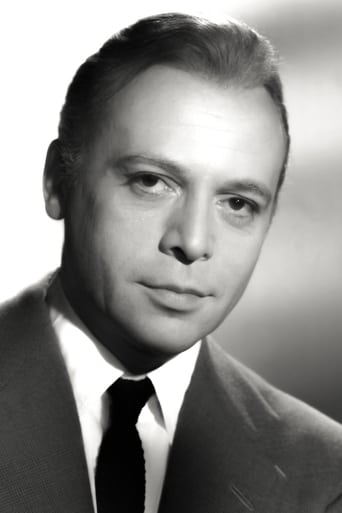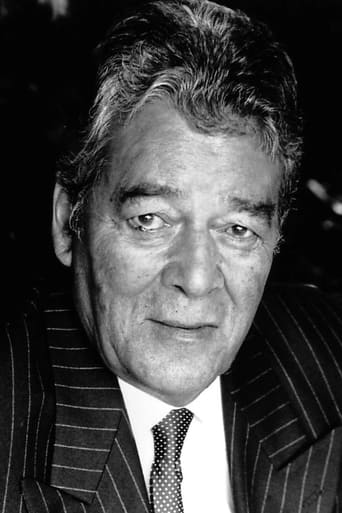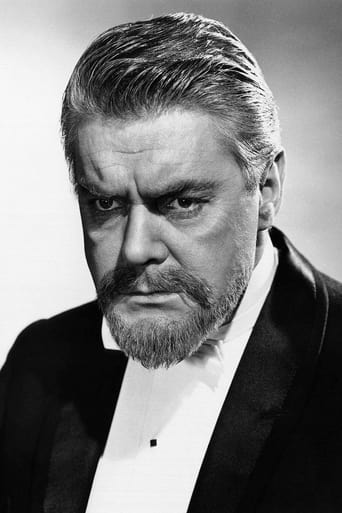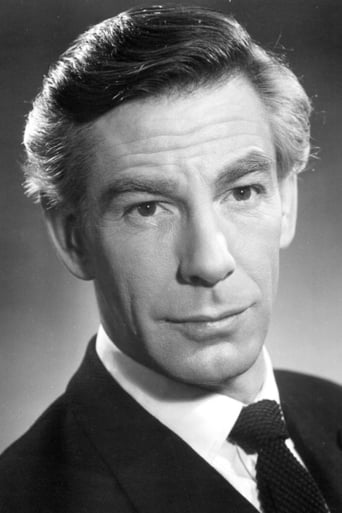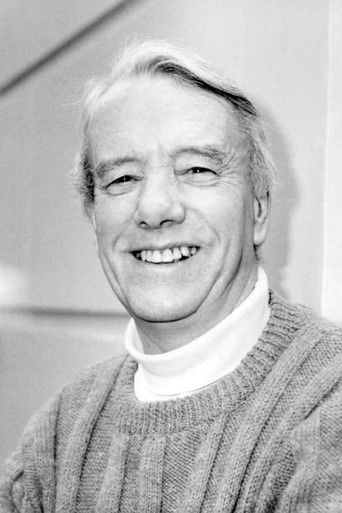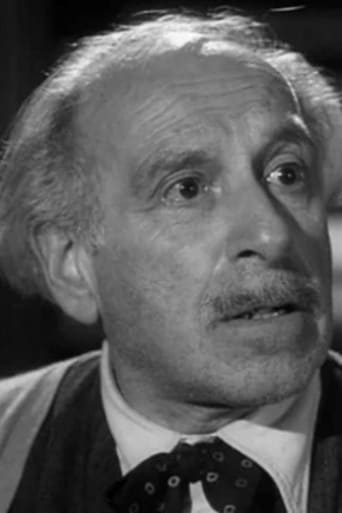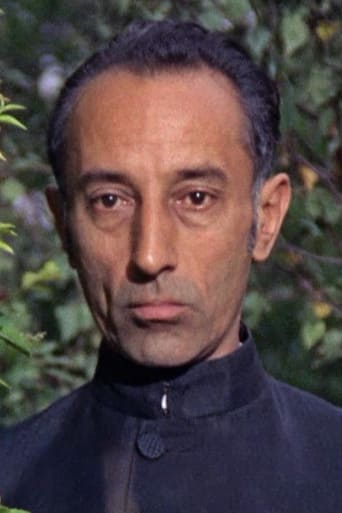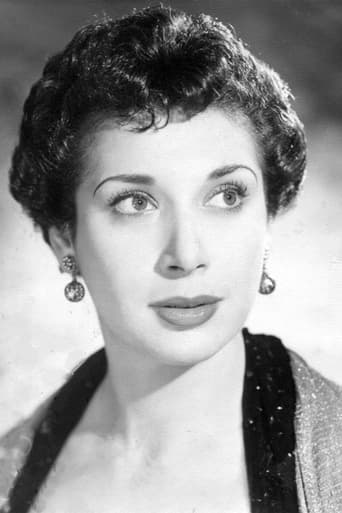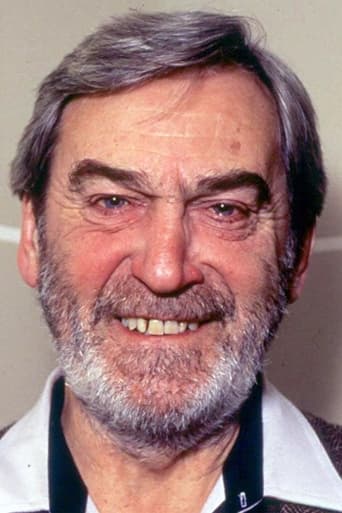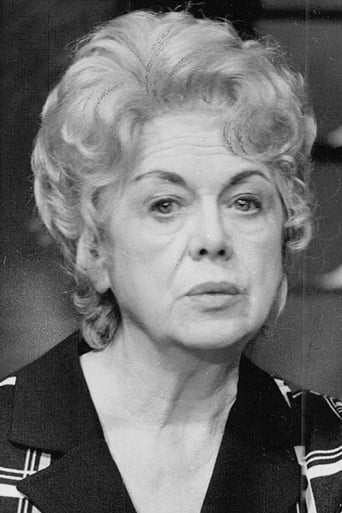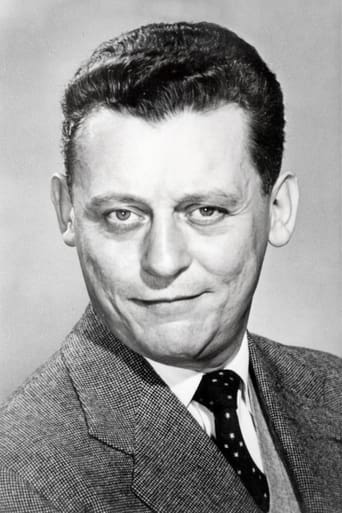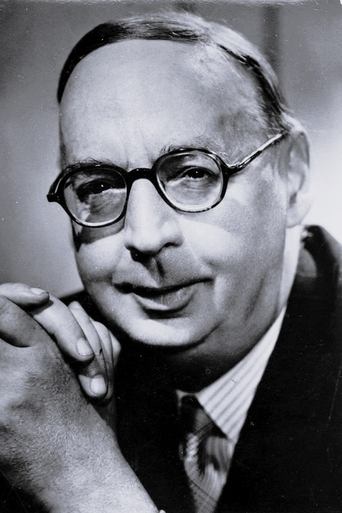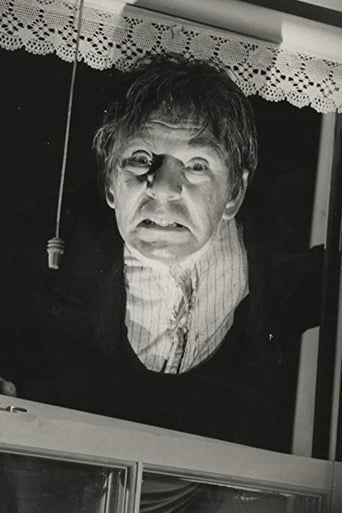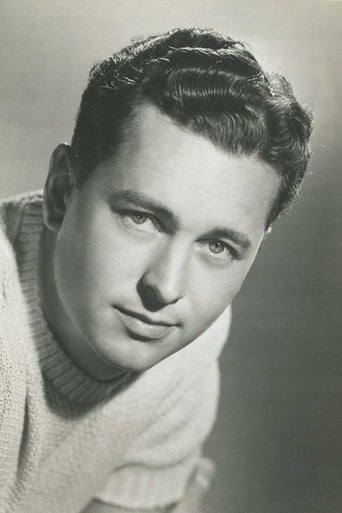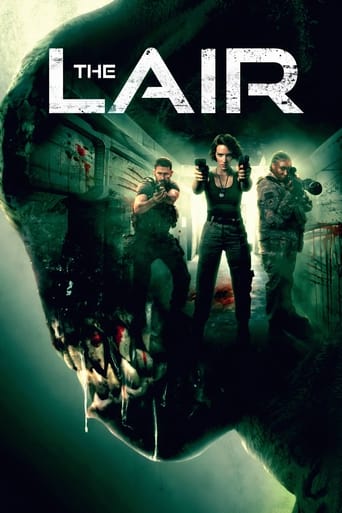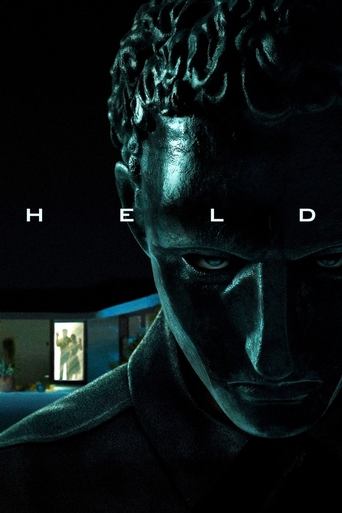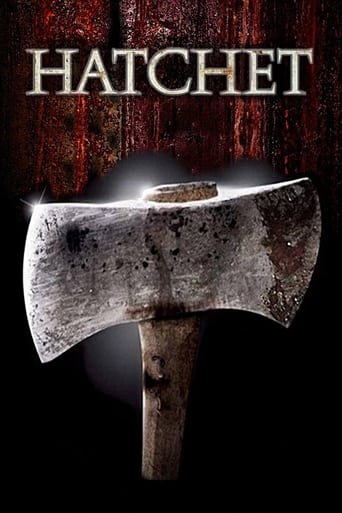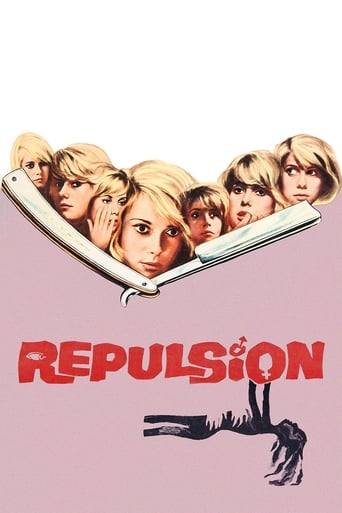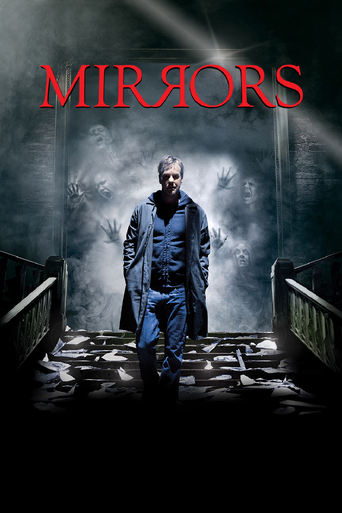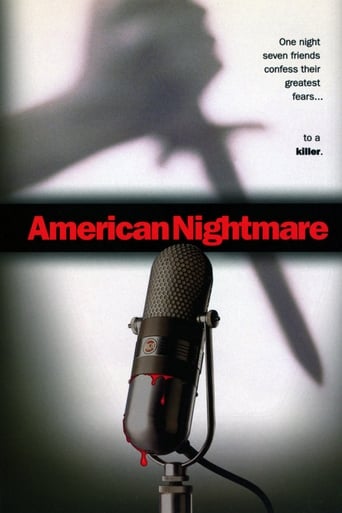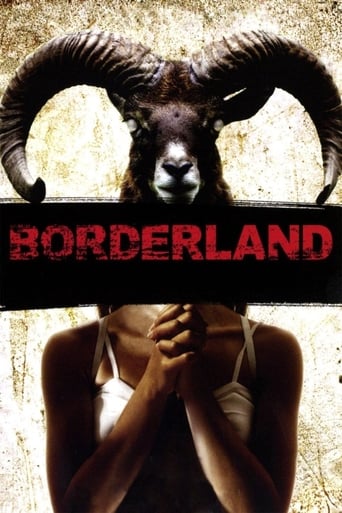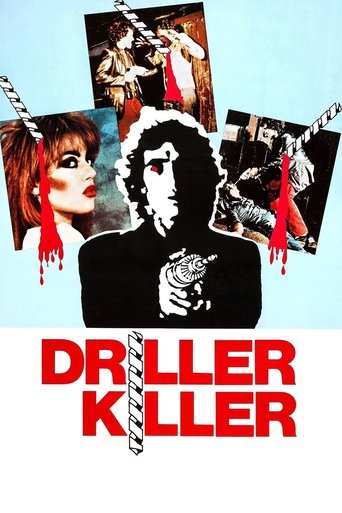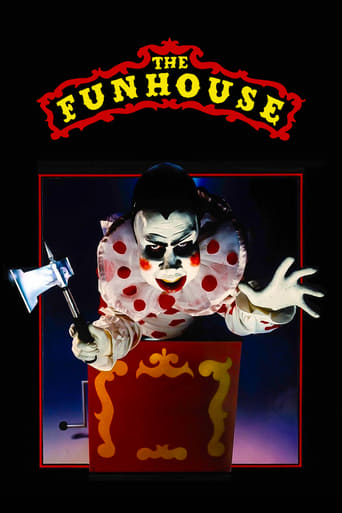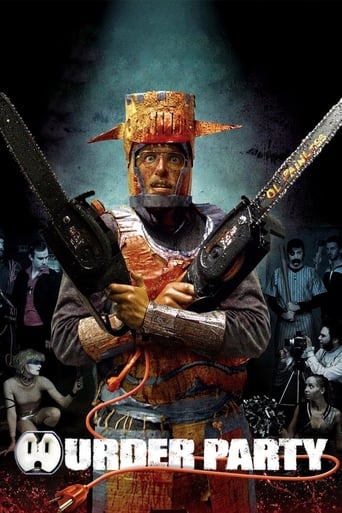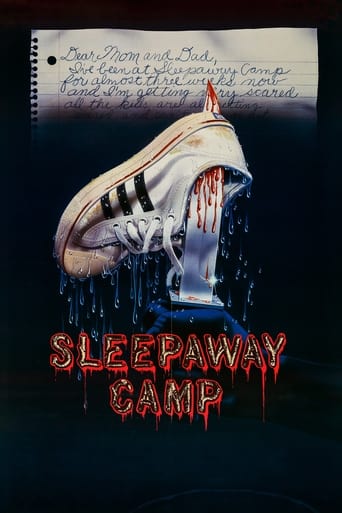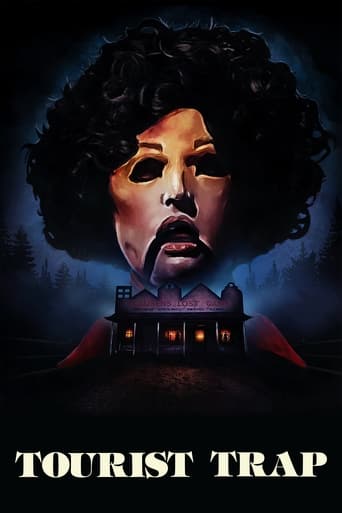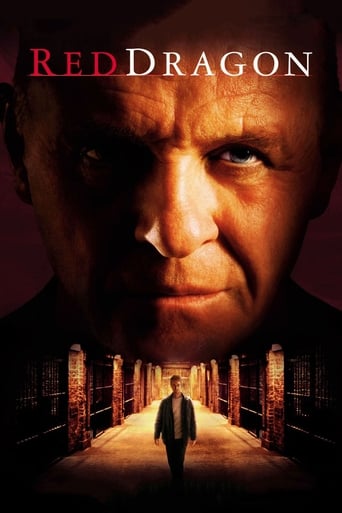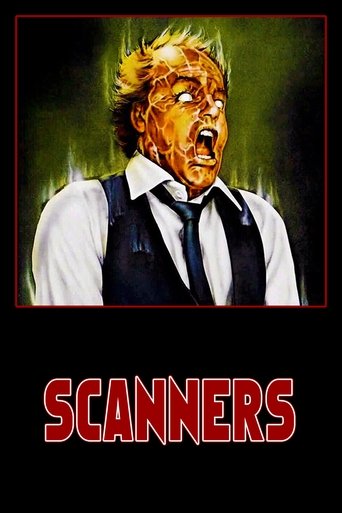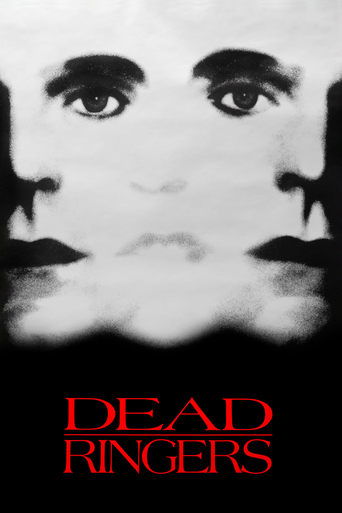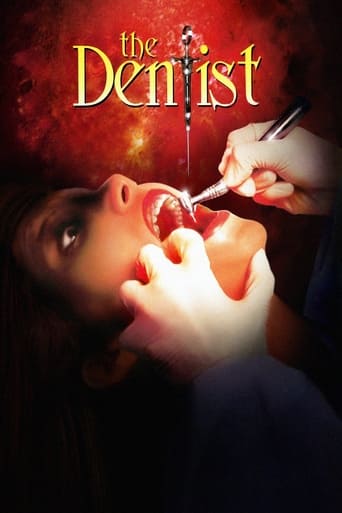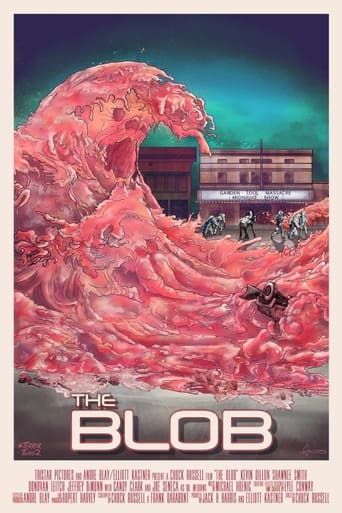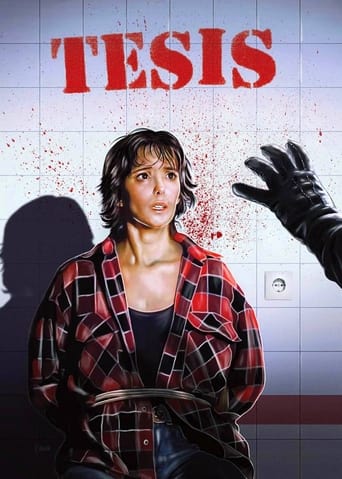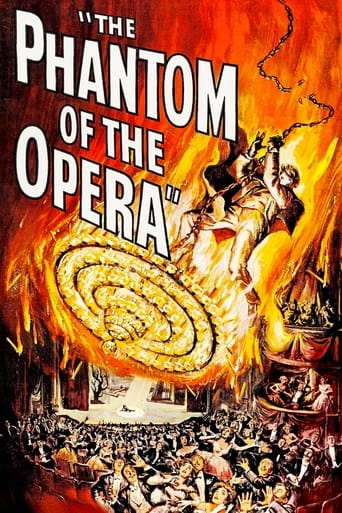
The Phantom of the Opera (1962)
A London opera house is haunted by tragic events on its opening night, but when its star is kidnapped, a producer tracks down the Phantom who is intent on seeking his revenge.
- Terence Fisher
- Gaston Leroux
- Anthony Hinds
Rating: 6.4/10 by 92 users
Alternative Title:
Le fantôme de l'opéra - FR
Das Phantom der Oper - DE
Das Phantom der Oper - Das Rätsel der unheimlichen Maske - DE
Country:
United Kingdom
Language:
English
Runtime: 01 hour 24 minutes
Budget: $0
Revenue: $0
Plot Keyword: mask, opera, london, england, musical, remake, singer, murder, hanged man, opera house, disfigured face, disfigurement, chandelier, phantom of the opera, masked killer, rats
And when you sing, Christine, you will be singing only for me. The Phantom of the Opera is out of Hammer Film Productions and directed by Terence Fisher. Based on the Gaston Leroux novel, the screenplay is written by John Elder and it stars Herbert Lom, Heather Sears, Edward de Souza and Michael Gough. Filmed in Eastman Color, cinematography is by Arthur Grant and music by Edwin Astley. The latest opera production of Joan of Arc is beset with problems, prompting many to believe it's the work of a mysterious phantom who haunts those involved with the show. It has been the basis for a number of adaptations, the Leroux novel's core story proving to be fascinating enough to prompt writers, film makers and musical directors to produce their take on it. Of the film versions, it's still the Lon Chaney silent of 1925 that carries the highest horror value, but for style and substance I feel Hammer's version is the best of the bunch. Fisher's film is played wonderfully straight, the production is given much care and consideration, but in the main the makers let the story sell itself. The characters remain interesting and in the case of the phantom himself, he smartly gets a back story shown late in the day amid off-kilter camera angles. This really gives the film a dramatic thrust as it heads into the finale, where the pay off is exciting and emotionally tight (one of the finest tear sheds in cinema is right here). A voice so wonderful that theatres all over the world will be filled with your admirers. Cast wise the film is led superbly by Lom's performance as the sad and tragic phantom. Lom manages to elicit sympathy with minimal dialogue and pure body language, giving this phantom an irresistible vulnerability that hits home hard as the film closes down. Around him it's Gough who is having the most fun playing villain of the piece Ambrose D'Arcy, and he does it well. De Souza is adequate as love interest Harry Hunter, but Sears, whilst certainly pretty and a decent actress, lacks believability in the scenes shared with the phantom. Note worthy is a quality cameo that comes from Patrick Troughton; even if it does make us hanker for more of him in the picture. Fisher's direction is tight and smooth, if lacking some of the camera flourishes that other Hammer films have benefited from. While Grant's Eastman Color photography adds a zest to the period flavouring by bringing the well designed sets to the fore. Astley's music is standard genre stuff, but easy listening for sure. Bonus is to hear Toccata and Fugue in D minor, it's now disputed as to if it actually was composed by Johann Sebastian Bach, but regardless it's a haunting piece of organ music that has the power to induce chills down the old spinal cord area. Particularly when used location wise as it is here. A lovely adaptation of the source, Hammer's version may not be as horror based as some would like, but it more than makes up for that with style, substance and a quality turn from the leading man. 8/10
Entertaining rendition with nice performances from Herbert Lom and to some extent Heather Sears, plus seeing Michael Gough playing such a scoundrel was new to me as only really knew him as Alfred... The music is fine and all in all, was a solid film, nothing terribly memorable however. **3.5/5**

